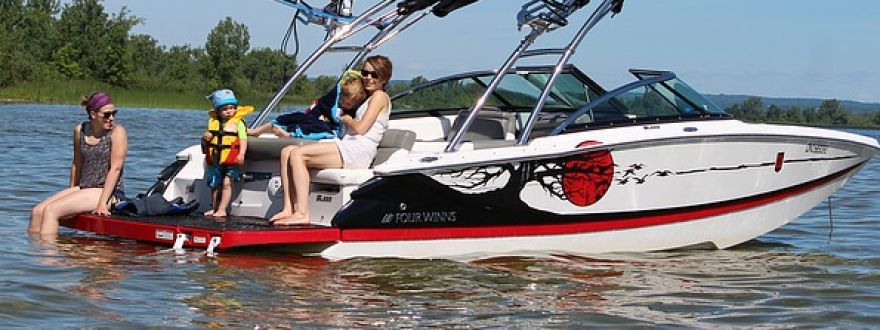
Boating is a great adventure that many of us enjoy. However, owning and operating a boat is a great responsibility. There are many reasons to become informed about the rules of the water, and it is always a good idea to take a boating safety course.
While cruising the water in your boat, the last thing you want to worry about is insurance. That is why we are here. We are always happy to answer any questions and take care of your boating insurance needs. We have policies for most types of boats, including bass boats, cruisers, fishing boats, pontoons, runabouts, sailboats, catamarans, and utility boats.
Boating Safety Courses
A boating safety course will teach you about safety equipment and what equipment you are required to have on your boat before you undertake any boating excursion. This is very important because if you do not have the proper equipment with you, you could find yourself in a situation you are unable to handle.
You will learn that driving a boat is vastly different from driving a car because you are dealing with air and water currents. If you have never docked a boat, you may think that it is easy until the current pulls you in the opposite direction. Understanding air and water currents will help you learn how to maneuver and dock your boat.
Knowing how to work with lines and tying knots is part of boating. You have to be able to secure a boat properly. If your boat gets loose, it is amazing how quickly the current will take it out of your reach, and you will probably require the assistance of another boater to help you get to it. So, learn your knots.
You will learn what the channel markers mean. Many first time boaters learn the hard way when their boats run aground outside the markers.
There are speed limits on certain waterways, but unlike the roads, they may or may not be posted. Ignorance may not be enough to get you out of a ticket.
Just like on the roads, there is the right of way. In a boating course, you will learn who has the right of way, and why.
There are boating regulations and laws that must be followed by all boaters. For example, you are not allowed to sit on the bow of the boat with your feet hanging overboard. There are many more regulations to learn, and not knowing them can cost you.
Anchoring a boat is not just a matter of plopping the anchor down to the sand. There is a mathematical technique applied to anchoring that has to do with the size and length of your boat. Knowing how to do this correctly will give you that extra assurance of knowing your boat is going nowhere until you want to move it.
There are different ways to enjoy pleasure boating, such as the fast pace of a ski boat or the slow pace of a trawler, kayak, or canoe. Whatever way you enjoy boating, it is always a good idea to know the rules of the water. We want you to be safe, avoid potentially harmful situations, and get on with the fun of enjoying the sky, sun, water, family, and friends.






